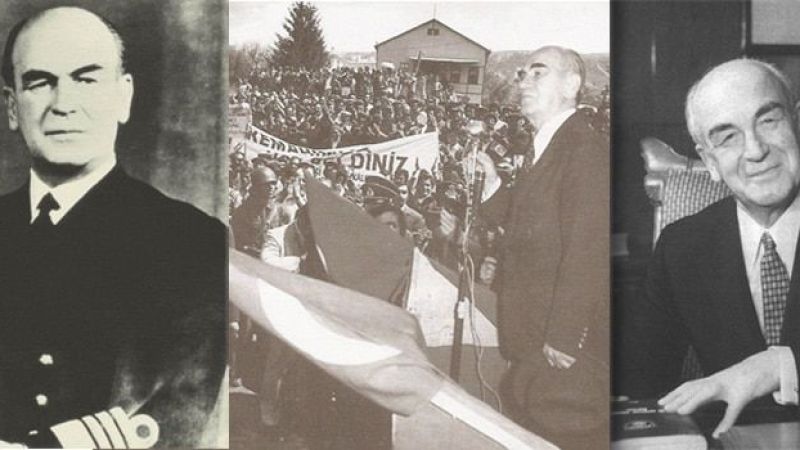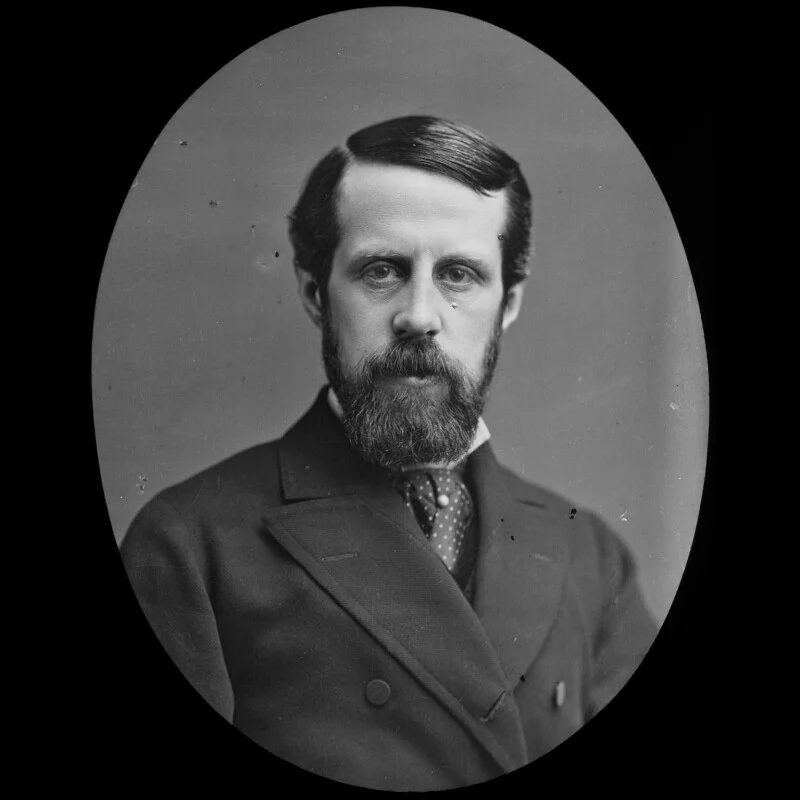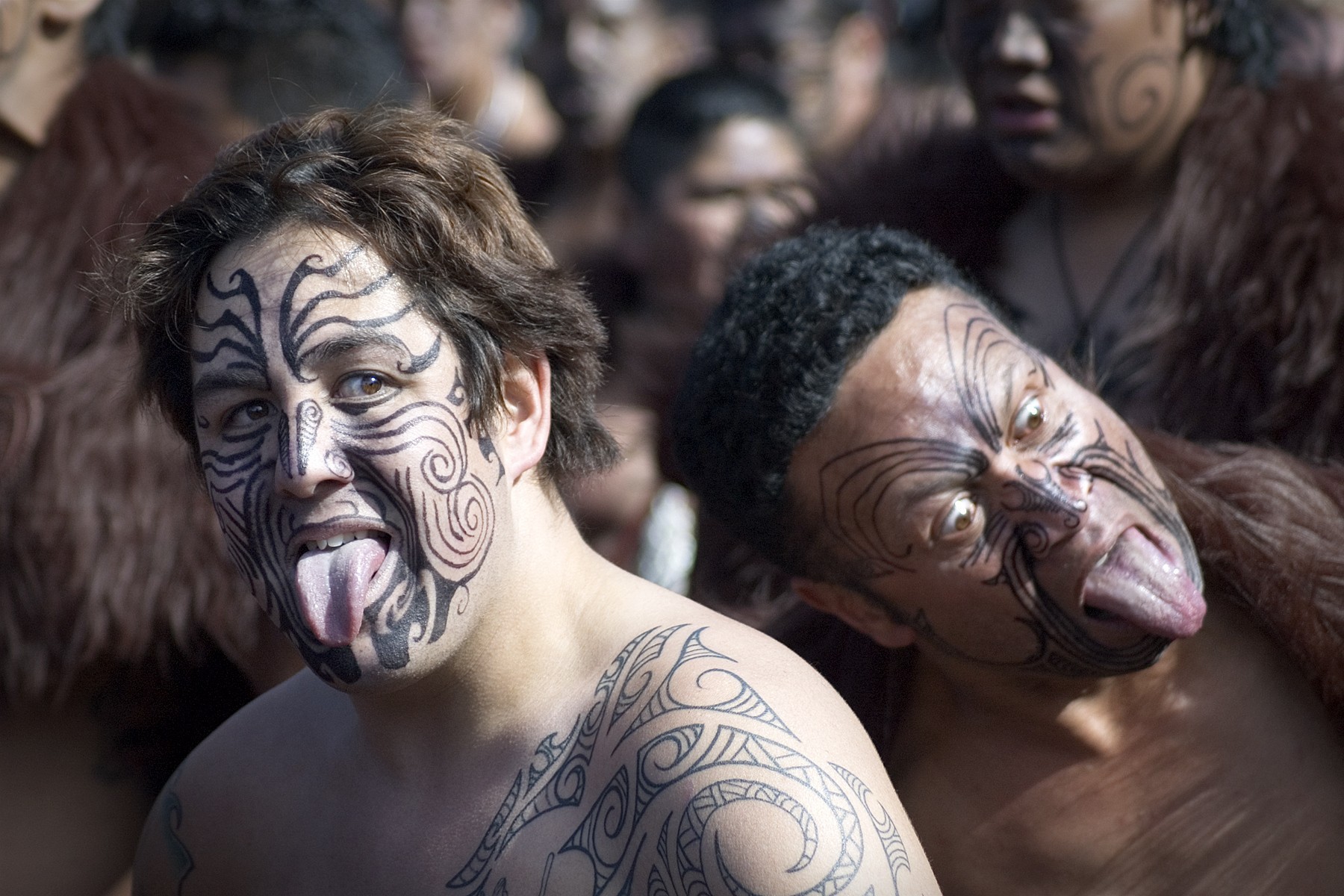
Fahri Korutürk: Oversaw a Period of Political Instability
admin
- 0
kfoodfair2015.com – Fahri Korutürk served as the 6th President of Turkey from 1973 to 1980, a period marked by significant political instability, social unrest, and economic turmoil. His presidency came at a time when Turkey was grappling with internal divisions, the rise of political violence, and the deepening influence of left-wing and right-wing extremism. Although Korutürk’s tenure was largely symbolic, he oversaw a critical chapter in the history of the Turkish Republic, which culminated in a military coup in 1980.
Korutürk, a former admiral and diplomat, found himself in the challenging position of managing a country teetering on the edge of crisis. His presidency highlighted the limits of civilian governance in the face of political polarization and the rise of authoritarianism, leading to a military intervention that would shape Turkey’s future.
Early Life and Career
Born on August 3, 1903, in Istanbul, Fahri Korutürk had a distinguished career in the Turkish military and diplomacy before entering politics. He graduated from the Turkish Naval Academy and quickly rose through the ranks of the Turkish Navy. Korutürk was highly regarded for his leadership skills and was appointed to key naval positions. He eventually became a member of the Turkish diplomatic service, representing Turkey abroad as an ambassador in various countries.
Korutürk’s background in both military and diplomacy made him a respected figure in Turkish politics. He was seen as someone who could bridge the divide between the military and civilian political institutions, making him a viable candidate for the presidency when the position became vacant in 1973. He was elected President of Turkey by the Grand National Assembly and served a term marked by growing instability.
Political Landscape and Social Unrest
The 1970s were a decade of profound political instability in Turkey. The country was divided between left-wing and right-wing factions, with both sides resorting to violence and militancy. Political parties and armed groups, including leftist Marxist-Leninist organizations and ultra-nationalist right-wing factions, engaged in a brutal and escalating cycle of violence. The state struggled to maintain order, and social tensions were running high, exacerbated by economic difficulties such as high inflation, unemployment, and a rising cost of living.
The rise of political violence during this period was a key feature of Korutürk’s presidency. Left-wing groups, like the Turkish People’s Liberation Army (THKP-C) and the Revolutionary Left (Dev-Genç), engaged in armed struggle against the state and right-wing groups. On the other hand, right-wing extremist groups such as the Grey Wolves (Bozkurtlar) used violence to combat perceived communist influences. The result was widespread insecurity and a feeling of lawlessness across the country.
In addition to the political violence, Turkey faced significant challenges regarding its economy and the failure of democratic institutions. The economy was under pressure from both external factors, including oil price increases during the 1973 energy crisis, and internal issues such as political corruption and inefficiency. The Turkish government struggled to implement effective economic policies, further deepening the dissatisfaction of the population.
Korutürk’s Presidency: Efforts to Manage Crisis
As President of Turkey, Fahri Korutürk largely played a ceremonial role, as the position of president in Turkey’s parliamentary system is constitutionally limited. However, Korutürk’s leadership during this period was crucial, as he tried to navigate the country through a deeply polarized and turbulent political landscape. His tenure was marked by efforts to restore order and promote political dialogue between the various factions.
Struggles with Political Polarization
One of the key challenges during Korutürk’s presidency was the inability to bridge the widening gap between Turkey’s political factions. The left-wing and right-wing groups had increasingly hostile relations, and the country’s political institutions were paralyzed. Korutürk made attempts to maintain a neutral stance, calling for national unity, but his presidency did not bring significant political cohesion.
The coalition governments that ruled Turkey during this time were fragile and ineffective. Political parties struggled to cooperate, often focusing on narrow ideological interests rather than finding common ground for national stability. This fragmentation of political power contributed to a lack of long-term policy solutions, leading to an environment of uncertainty and conflict.
The Role of the Military
Korutürk was unable to stem the growing influence of the military in Turkish politics. By the mid-1970s, the military had become increasingly involved in domestic affairs, taking on a de facto role as a stabilizing force. However, the military’s involvement in politics during Korutürk’s presidency was both a source of tension and a recognition of the failure of civilian governance.
In 1977, Korutürk expressed his concerns about the situation in the country, calling for calm and urging political parties to work together to avoid further violence. Despite his efforts, the political situation continued to deteriorate, and the military became more openly involved in attempts to restore order. These developments culminated in the 1980 coup, which saw the military take full control of the government.
Economic and Social Challenges
Korutürk’s presidency coincided with a period of severe economic hardship for Turkey. High inflation, a growing budget deficit, and widespread poverty were exacerbated by the global oil crisis of the early 1970s. Turkey’s reliance on foreign loans and aid made the economy particularly vulnerable to international fluctuations.
Social unrest was also a constant challenge. The political violence mentioned earlier was often accompanied by labor strikes, protests, and widespread dissatisfaction with the government’s inability to improve living conditions. The country’s population, particularly the youth, was increasingly disillusioned with the government and the political elite, leading to further tensions and clashes.
End of Korutürk’s Presidency and the 1980 Coup
By 1980, Turkey had reached a breaking point. The country was on the verge of collapse due to the combined pressures of economic instability, political violence, and the weakening of democratic institutions. Korutürk, in office since 1973, had watched as his ability to affect change was eroded by these growing crises.
In the summer of 1980, after months of escalating violence between left-wing and right-wing groups, the military intervened once again, staging a coup that removed Korutürk from office. The coup was driven by the military’s desire to restore order and eliminate the political violence that had plagued the country for years. The military assumed control, suspending the constitution and dissolving the government, effectively ending Korutürk’s presidency.
Legacy
Fahri Korutürk’s presidency remains a period of political instability in Turkey’s history. While his leadership was characterized by efforts to mediate between conflicting political factions and stabilize the country, he was unable to prevent the collapse of democratic institutions and the subsequent military intervention. His presidency highlights the limitations of civilian rule in times of extreme political polarization and internal conflict.
Korutürk’s legacy is marked by his attempts to restore order in a turbulent time, but ultimately, his presidency is seen as part of the broader story of Turkey’s political struggles in the 1970s. The military coup that ended his time in office would reshape the country for years to come, paving the way for a period of military rule that would leave a lasting impact on Turkey’s political system.


